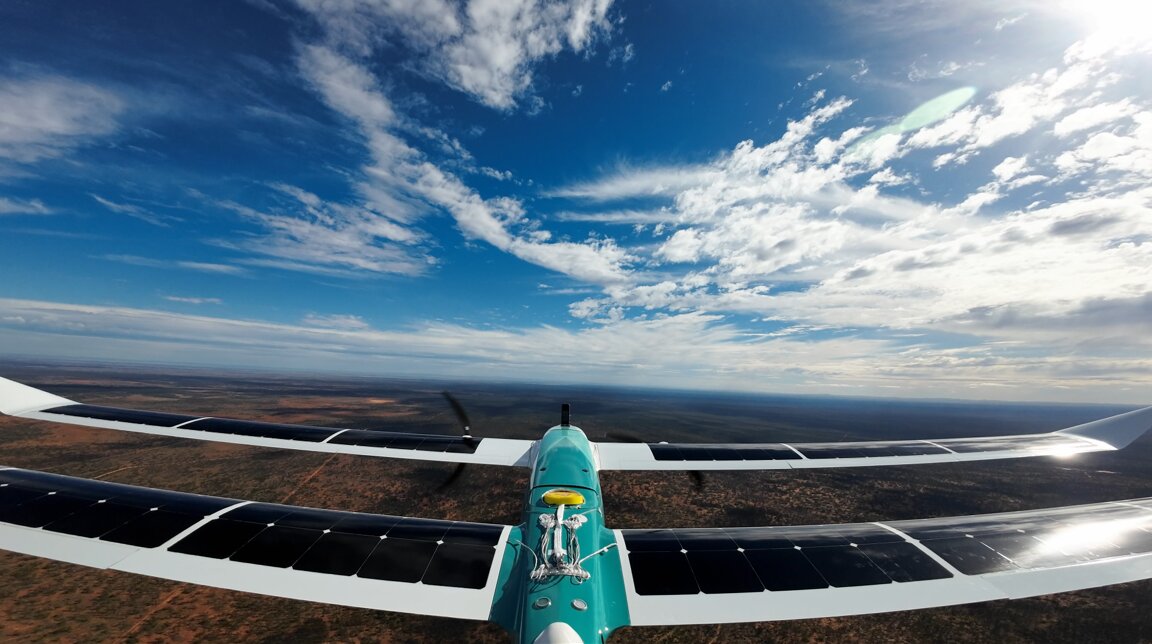Revolutionizing Aerospace: XSun and H3 Dynamics Introduce Tri-brid UAV Powered by Solar, Hydrogen, and Battery
Key Ideas
- XSun and H3 Dynamics have collaboratively developed a new UAV with a tri-brid energy system integrating solar, hydrogen, and battery power for optimized performance in various flight conditions.
- The innovative power architecture enables the aircraft to switch between energy sources based on flight demands, enhancing flight duration and reducing emissions.
- The incorporation of hydrogen fuel cells aims to extend the UAV's range and operational flexibility without compromising payload capabilities, offering key advantages for defense, environmental monitoring, and infrastructure inspection applications.
- The development of a field-ready hydrogen ecosystem, including a mobile hydrogen production and refueling station, supports global deployment by reducing reliance on external supply chains and fixed infrastructure.
In a groundbreaking collaboration, French aerospace companies XSun and H3 Dynamics have unveiled a cutting-edge unmanned aerial vehicle (UAV) that pioneers the use of a tri-brid energy system. This system seamlessly integrates solar power, hydrogen fuel cells, and lithium battery storage to create an intelligent power architecture that optimizes flight performance. The aircraft is designed to harness solar energy during daylight missions, utilize the battery system for energy bursts, and rely on hydrogen fuel cells for cruising, all managed by a smart onboard micro-grid. This setup not only extends flight duration but also reduces emissions, marking a significant advancement in renewable energy use in aerospace. By joining forces, XSun and H3 Dynamics aim to enhance the UAV's range and flexibility without sacrificing payload capacity or acoustic discretion, catering to the needs of defense, environmental monitoring, and infrastructure inspection sectors. Moreover, the companies are developing a comprehensive operational ecosystem to support global deployment, featuring a mobile hydrogen production and refueling station that enables on-site hydrogen generation. This innovation reduces reliance on traditional supply chains and infrastructure, paving the way for remote and off-grid mission capabilities. Leveraging the expertise and networks in Toulouse, the collaboration is poised to expand deployment opportunities not only in Europe but also across North America, Australia, and the Middle East. The integration of the tri-brid system into XSun's existing ICARE program further underscores the adaptability and efficiency of the UAV to meet diverse operational requirements.
Topics
Fuel Cells
Renewable Energy
Energy Efficiency
Global Deployment
Aerospace Innovation
Defense Technology
Environmental Monitoring
Unmanned Aerial Vehicle
Infrastructure Inspection
Latest News
